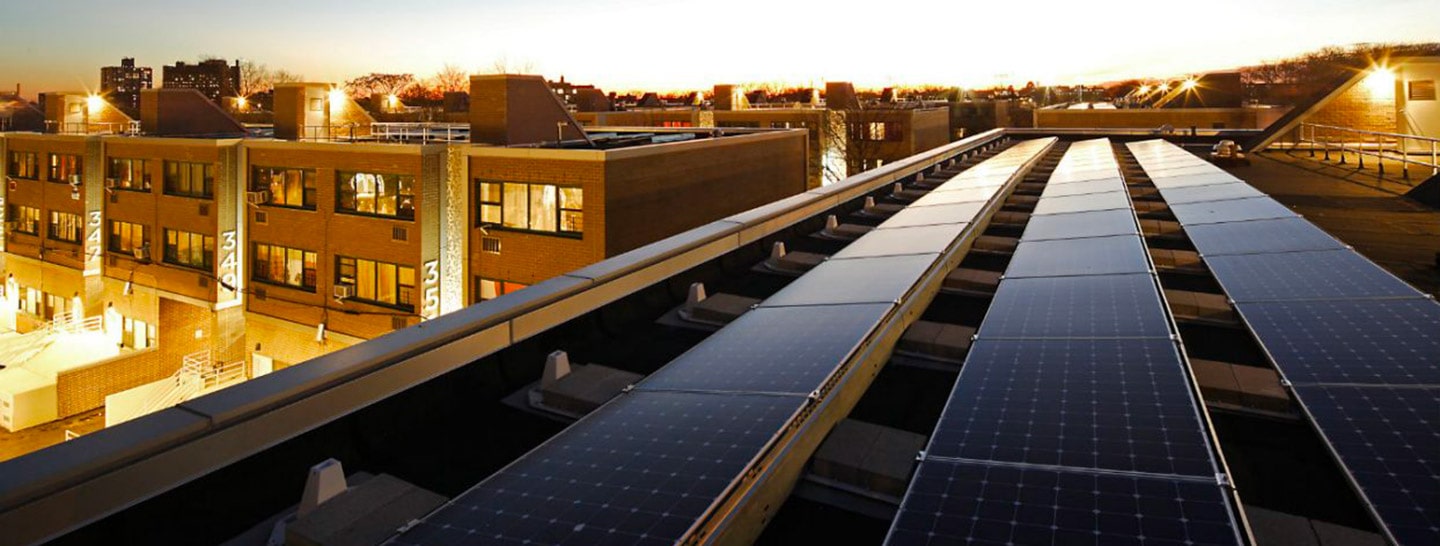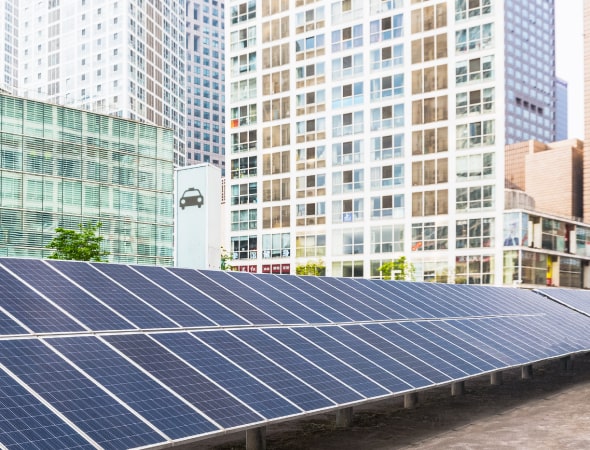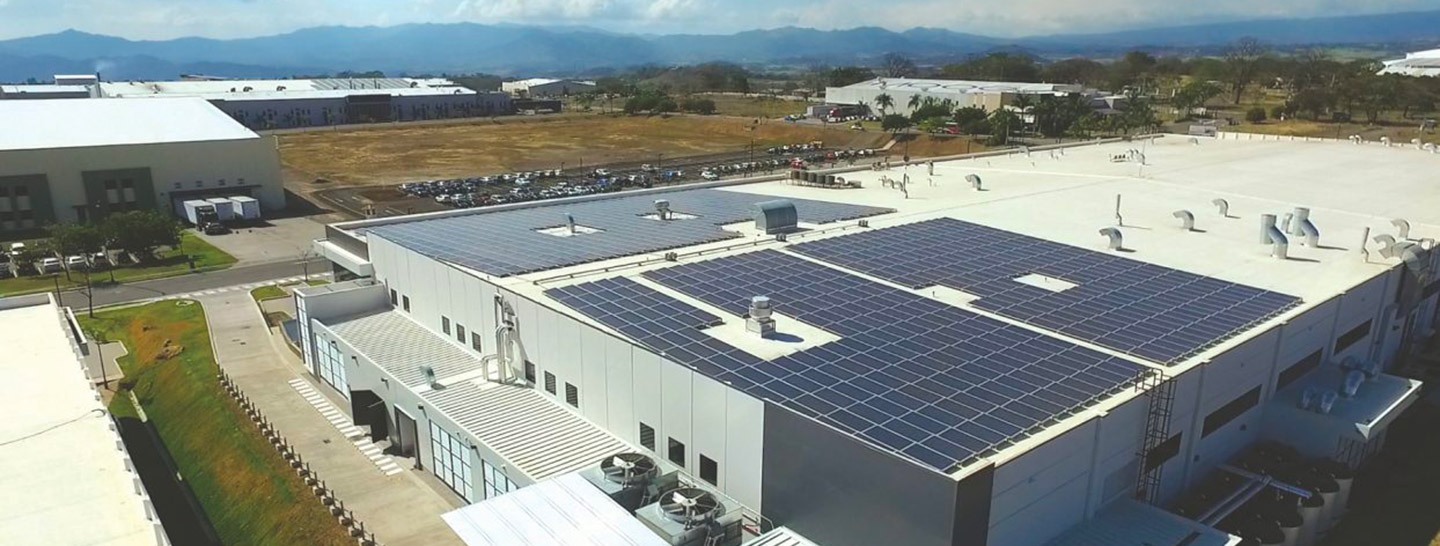
Lower energy costs and greater resilience
A key aspect of the DEN.OS system is the ability to ensure that the complex consumes all the energy produced. This pioneering project is the first residential storage experiment in New York City using lithium-ion batteries. It is a shining example of how a large city can develop an electricity grid that ensures the smart management of distributed generation resources, improving efficiency and the resilience of the entire system.
The system developed thanks to the Demand Energy Network software contributes to reducing energy costs for Marcus Garvey Village residents, streamlining electrical load management for the local distributor and enables a reduction in greenhouse gas emissions.

Innovative financing with no upfront payment

The project at the Marcus Garvey Village will pay for itself thanks to a combination of incentives from the distributor Con Edison and the revenues generated through participation in Demand Response and Peak Shaving programmes. The New York City Energy Efficiency Corporation, a non-profit specialty finance company that finances solutions for energy efficiency and clean energy projects, has rewarded the initiative with a 10-year loan.
The owners of the village, L+M Development Partners, and Demand Energy have, therefore, agreed on an operational model that involves splitting the savings generated by the project in order to cover the installation costs and remunerate the initiative. L+M did not have to make any initial investment to build the system.
DEN.OS intelligent software








